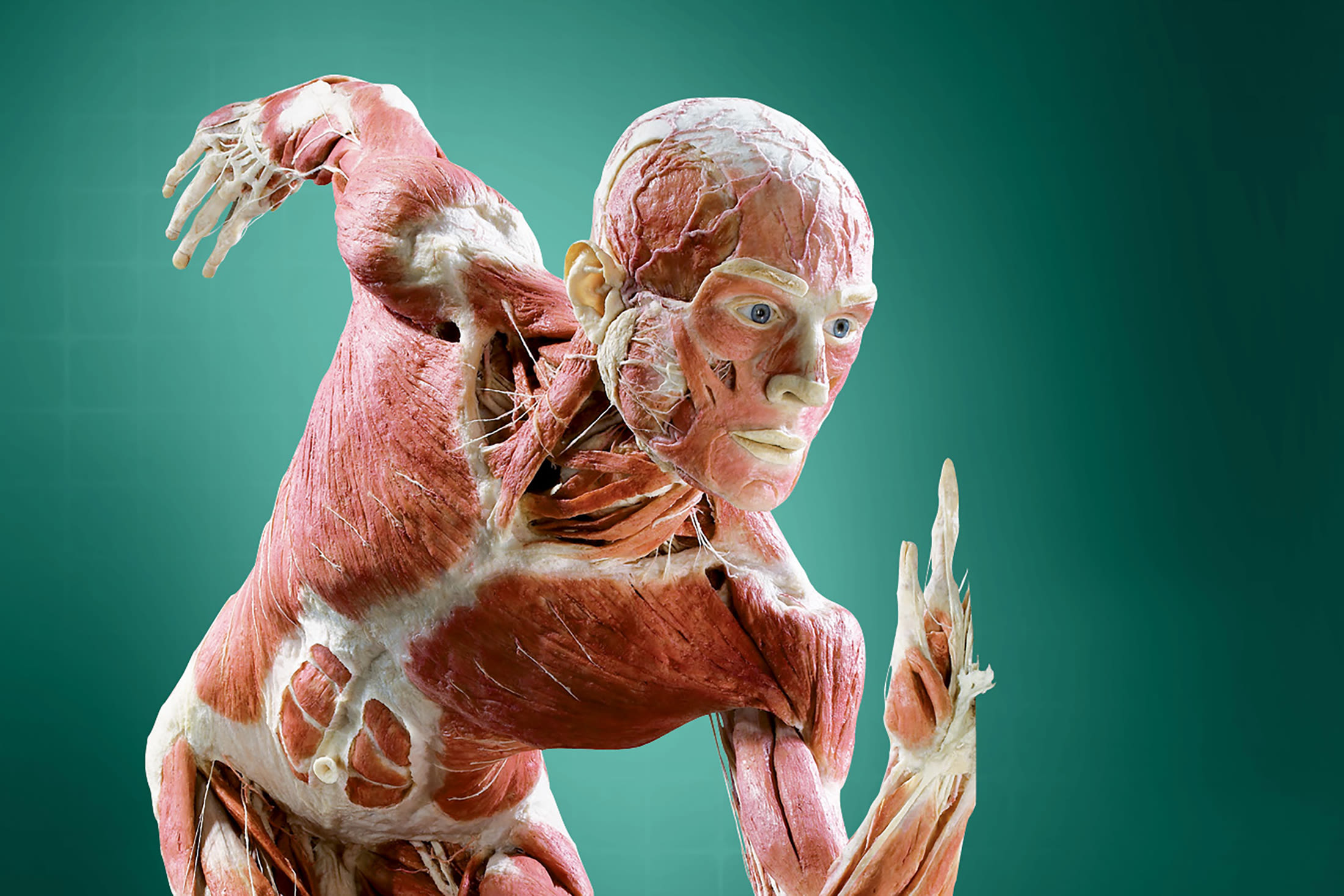Will I Get the Coronavirus in Houston?

This article was first published on January 31. For more up-to-date information, click here.
In December, the mysterious new coronavirus emerged in central China, sending the whole world into a spiral of fear and confusion.
The Chinese government put Wuhan, the virus’s epicenter and a city of 11 million people, on lockdown in an attempt contain the outbreak. On Jan 30, the World Health Organization declared the coronavirus outbreak an international health emergency, and the Centers for Disease Control and Prevention have placed a Level 3 travel advisory on China, warning people to avoid any nonessential travel to the county. And the Dow fell more than 500 points from the panic.
While there haven't been any confirmed cases in Houston, concerns have rippled through the city, and George Bush International Airport announced this week that Houston airports will begin screening for the virus.
But in the midst of all this hysteria, what exactly is the coronavirus? And is it more dangerous than the flu?
What is the coronavirus?
Using the term “coronavirus” is a bit of a misnomer. Coronavirus refers to a family of viruses that can be spread through people, like the common cold, or spread from animals to people, like severe acute respiratory syndrome (SARS) and Middle East respiratory syndrome (MERS), according to the CDC and Mayo Clinic.
The outbreak in China is called the 2019-nCoV (Novel—or new—Coronavirus). Part of the problem with this respiratory virus is that it’s so new that there’s not much known about it yet.
How does 2019-nCoV spread?
The virus spreads similarly to the flu. Typically, it’s spread through close contact (six feet or closer) when someone infected coughs or sneezes and disperse tiny droplets of the virus.
While initially 2019-n-CoV was thought to have spread animal-to-human, now more cases are spreading human-to-human. There is no evidence that pets can spread new coronavirus, according to the WHO, so there is little chance Houstonians would get the new coronavirus from petting their dogs. While the 2019-nCoV is more contagious than the flu, it is less contagious than the chickenpox or measles.
What are the symptoms?
Symptoms of 2019-nCoV include fever, cough, and shortness of breath, while common flu symptoms include fever, chills (although not everyone with the flu will have a fever), cough, sore throat, runny or stuffy nose, body aches, headaches, and fatigue. For both 2019-nCoV and the flu, symptoms can show up as early as two days after exposure.
How likely am I to get 2019-nCoV?
Not very likely. As of Jan 30, there have been 7,818 confirmed cases globally, according to the WHO, but 99 percent of those are in China. According to the CDC, there are only six confirmed cases of 2019-nCoV in the U.S. as of Jan 31, and none in Texas.
In contrast, as of Jan 25, there have been 30,543 confirmed cases of the flu in Texas alone, according to the Texas Department of State Health Services.
Will I die from 2019-nCoV?
Again, it’s unlikely. However because the virus is so new, and some cases are sure to go unreported and it’s hard to tell exactly how deadly will be. But, according to the New York Times, the fatality rate is less than other coronaviruses. MERS kills one in three infected people, and SARS kills one in 10. As of Jan 30, there have been 170 deaths due to 2019-nCoV, according to the WHO, all of which have been in China.
Meanwhile, as of Jan 29, there have been 2,650 pneumonia and influenza deaths in Texas since Sept 29, according to the Texas Department of State Health Services, with 593 of those deaths in Houston. The flu can kill anywhere between 291,000 and 646,000 people worldwide each year, according to MedicineNet.
How can I stay safe?
Avoid contact with people with acute respiratory infections and unprotected contact with farm or wild animals. Wash your hands frequently. If you are sick, stay home. And get your flu shot.




